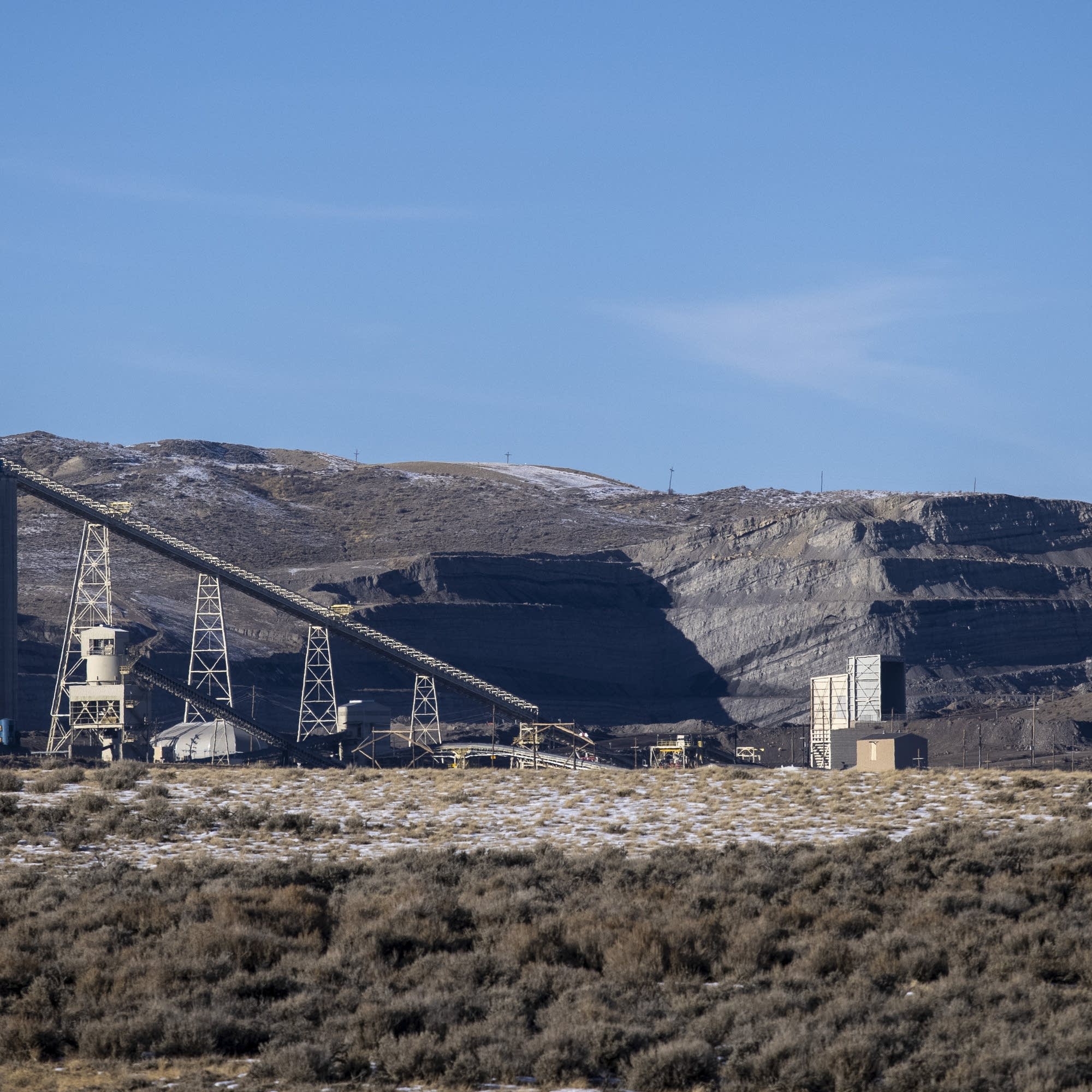
🤖 AI Summary
Overview
This episode explores the economic implications of recent policy changes, including the GOP's reduction of coal royalty fees and its impact on Wyoming's budget. It also delves into the Federal Reserve's rate decisions, the resilience of consumer spending, the challenges faced by small businesses due to tariffs, and the evolving dynamics of customer loyalty in a concentrated market.
Notable Quotes
- No party lasts forever. Eventually, we're going to have a bear market. We do not know the day nor the hour.
– David Kelly, on the unpredictability of market bubbles.
- We literally cannot afford to bring our own product into our own market.
– Ben Kneppler, on the challenges tariffs pose for small manufacturers.
- You can be a quitter. Even if it takes a little bit of time, it’s worth it to shop around and save money.
– Emily Stewart, on combating the loyalty penalty.
🪙 The Federal Reserve and Market Reactions
- The Fed faces political pressure to lower interest rates, raising concerns about its independence. David Kelly suggests rate cuts are more about politics than monetary policy.
- Despite fears of long-term risks like inflation and asset bubbles, markets remain optimistic, with investors focusing on short-term gains.
- The reconciliation bill and anticipated tax cuts are expected to boost corporate profits, but economists warn of potential inflationary consequences.
🛒 Consumer Spending and E-Commerce Trends
- Retail sales rose 0.6% in August, driven by e-commerce, which grew over 10% year-over-year.
- New trends like social media shopping and AI-assisted retail are reshaping consumer behavior.
- The end of the de minimis tariff exemption prompted a surge in international purchases, as consumers rushed to buy before higher tariffs took effect.
📉 Tariffs and Small Business Struggles
- Small businesses are disproportionately affected by fluctuating tariff policies, with some, like Nicole Panetteri of The Tiny Owl, forced to close due to rising costs.
- Manufacturers like Ben Kneppler are halting production as unpredictable tariffs drain capital and disrupt supply chains.
- Larger corporations can weather these changes better, highlighting a growing divide between the haves and the have-nots.
⛏️ Coal Royalties and Wyoming’s Budget Crisis
- The GOP's policy to reduce coal royalty fees benefits mining companies but costs Wyoming $50 million annually in lost revenue.
- Local lawmakers are exploring ways to offset the budget shortfall, but the declining demand for coal complicates recovery efforts.
- Economists question whether increased coal production will be enough to revitalize the industry and support mining towns.
💳 The Loyalty Penalty and Consumer Choices
- Companies exploit consumer inertia, leading to a loyalty penalty
where long-term customers pay more than new ones.
- Industries like internet service and car insurance are particularly notorious for this practice.
- Emily Stewart advises consumers to negotiate rates, shop around, and cancel unnecessary subscriptions to save money.
AI-generated content may not be accurate or complete and should not be relied upon as a sole source of truth.
📋 Episode Description
Wyoming made billions from coal mining over the last 50 years, funding the government, schools, roads, parks. But President Trump’s major spending bill, passed in July, gives mining companies a break on royalty fees — leaving state budgets lean. In this episode, easing coal fees comes at a price. Plus: Non-store retail spending saw double-digit year-over-year growth, small businesses suffer as they wait for tariff clarity, and stock investors basically ignore all the bad economic headlines.
Every story has an economic angle. Want some in your inbox? Subscribe to our daily or weekly newsletter.
Marketplace is more than a radio show. Check out our original reporting and financial literacy content at marketplace.org — and consider making an investment in our future.
